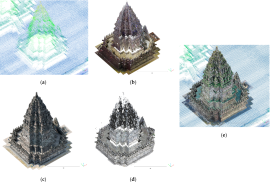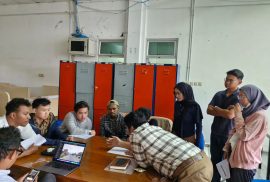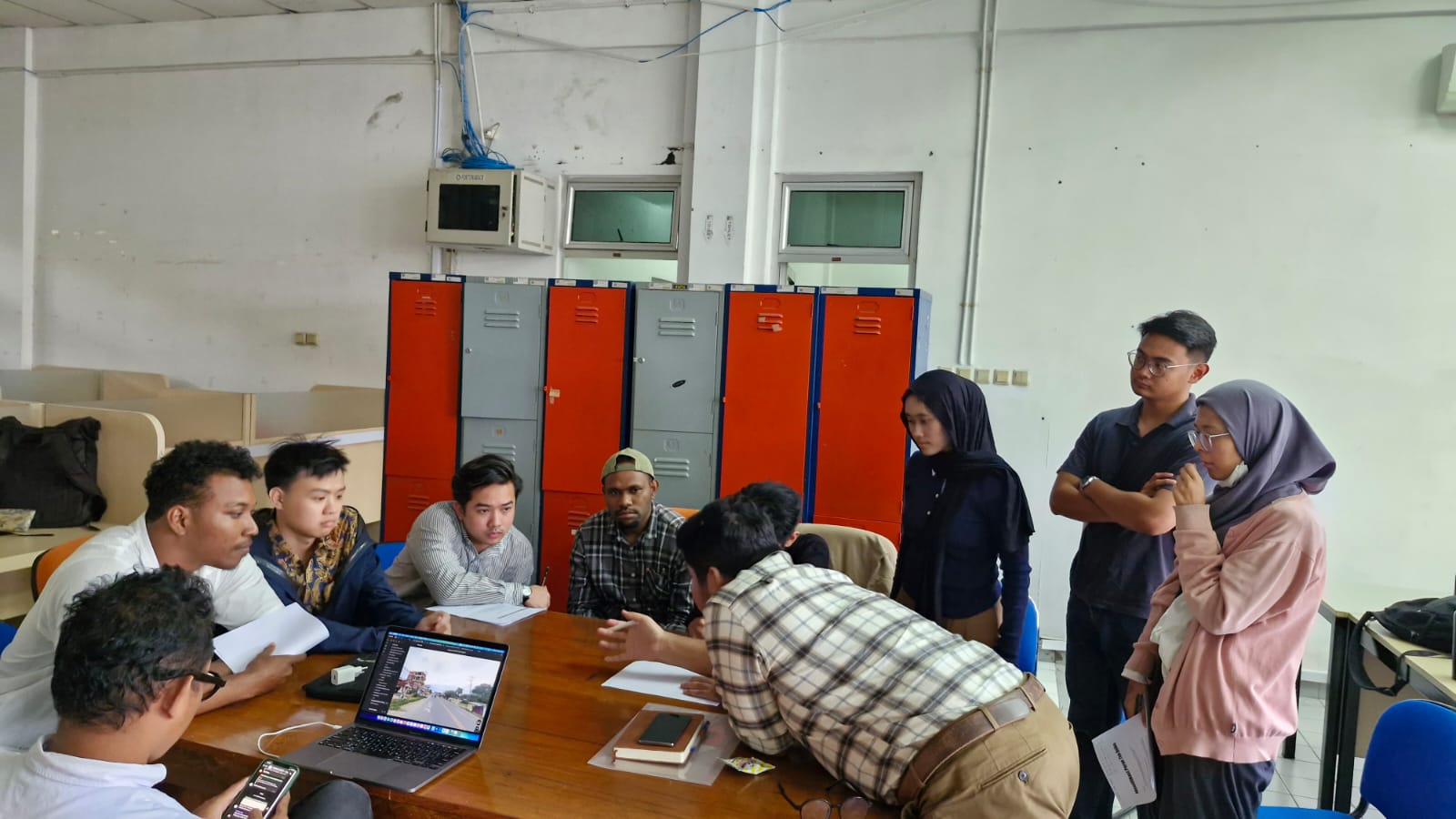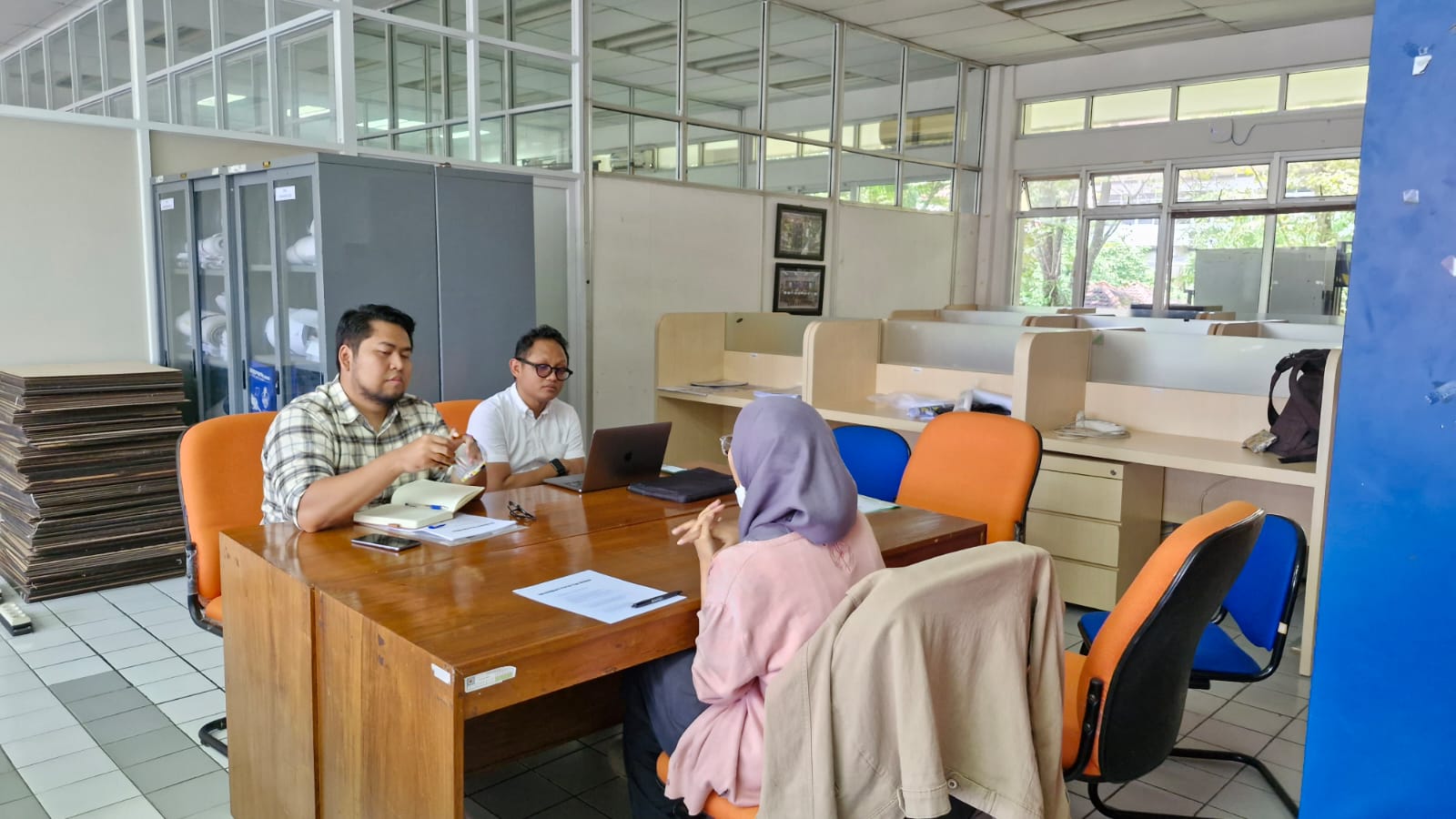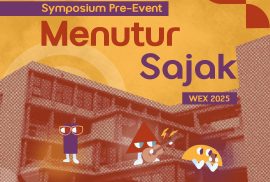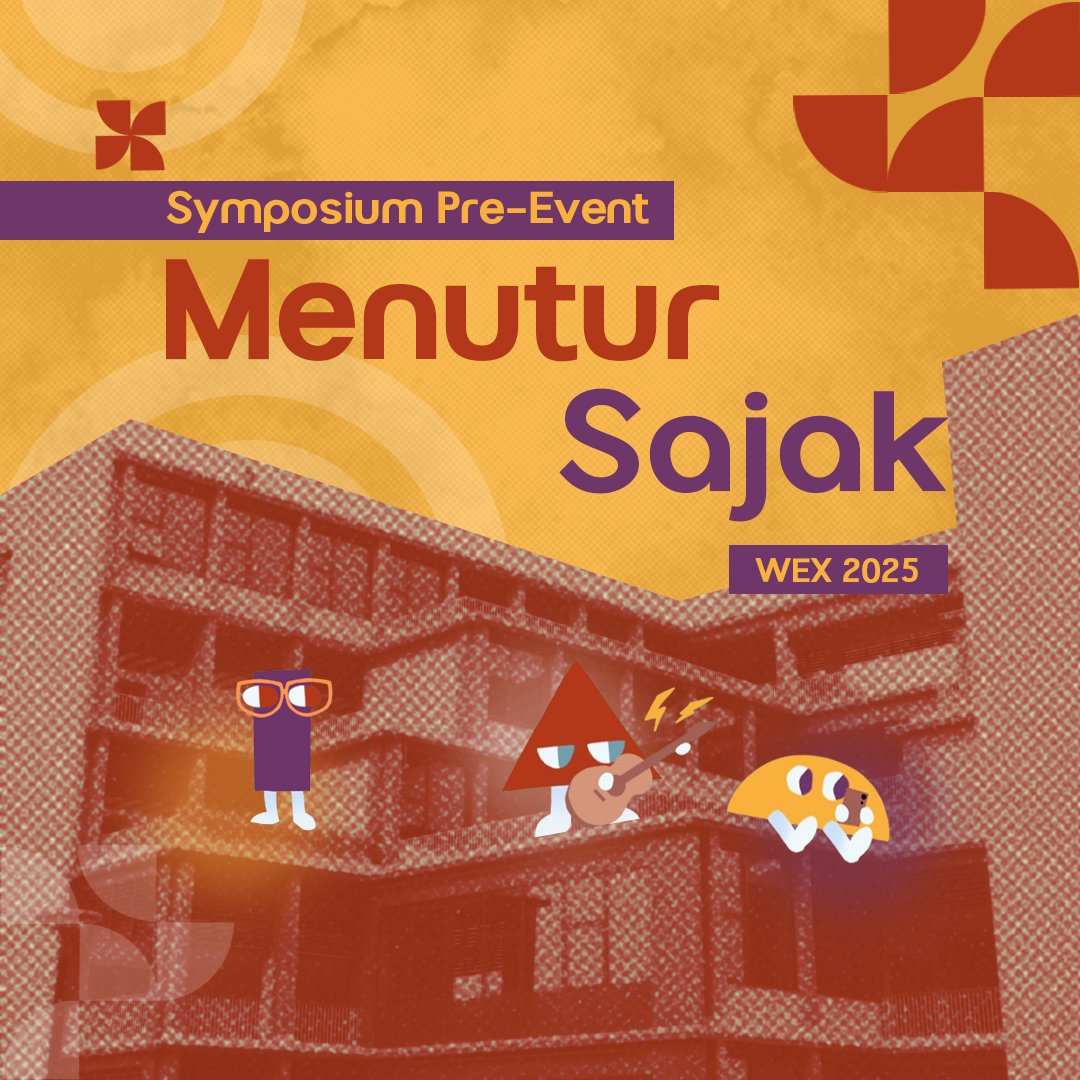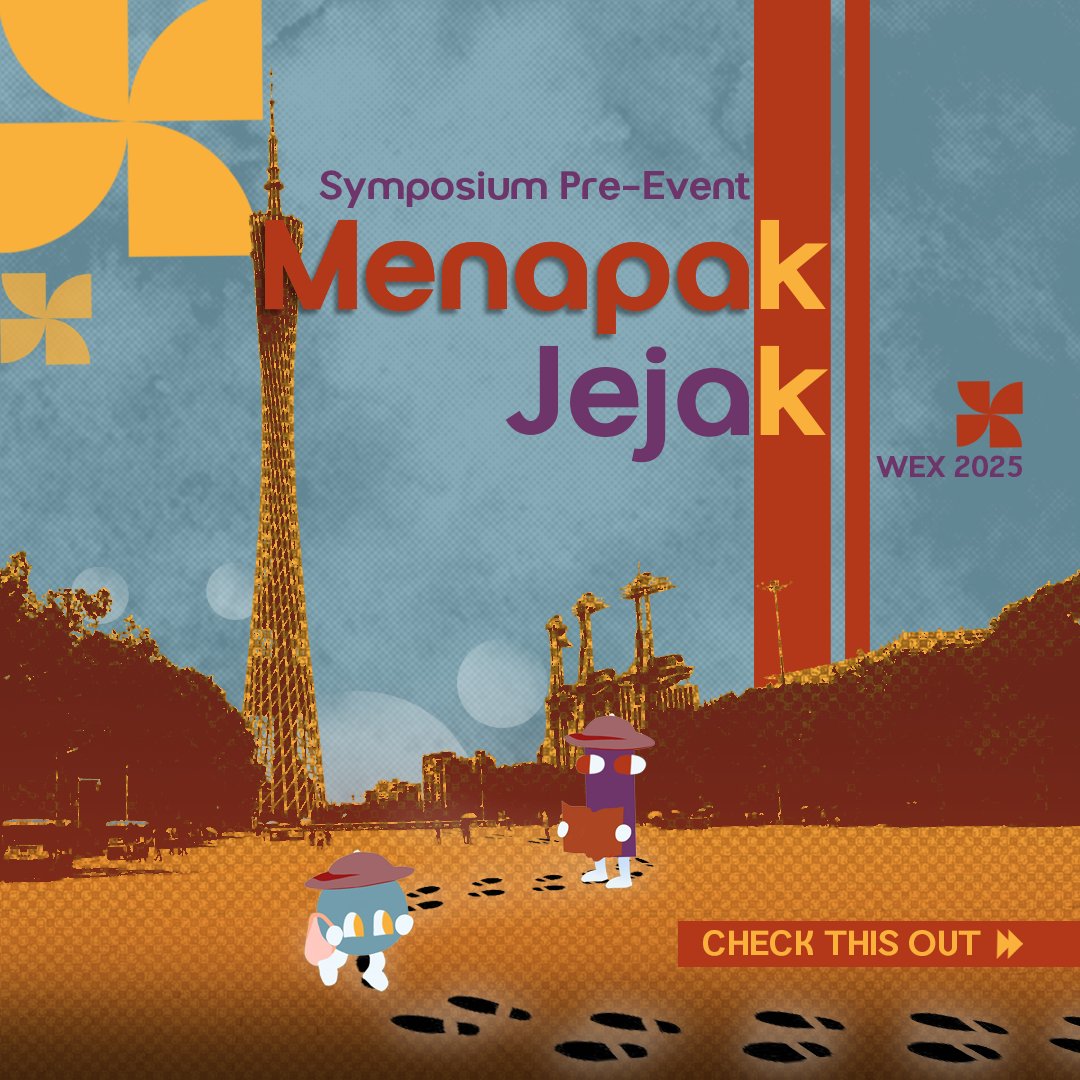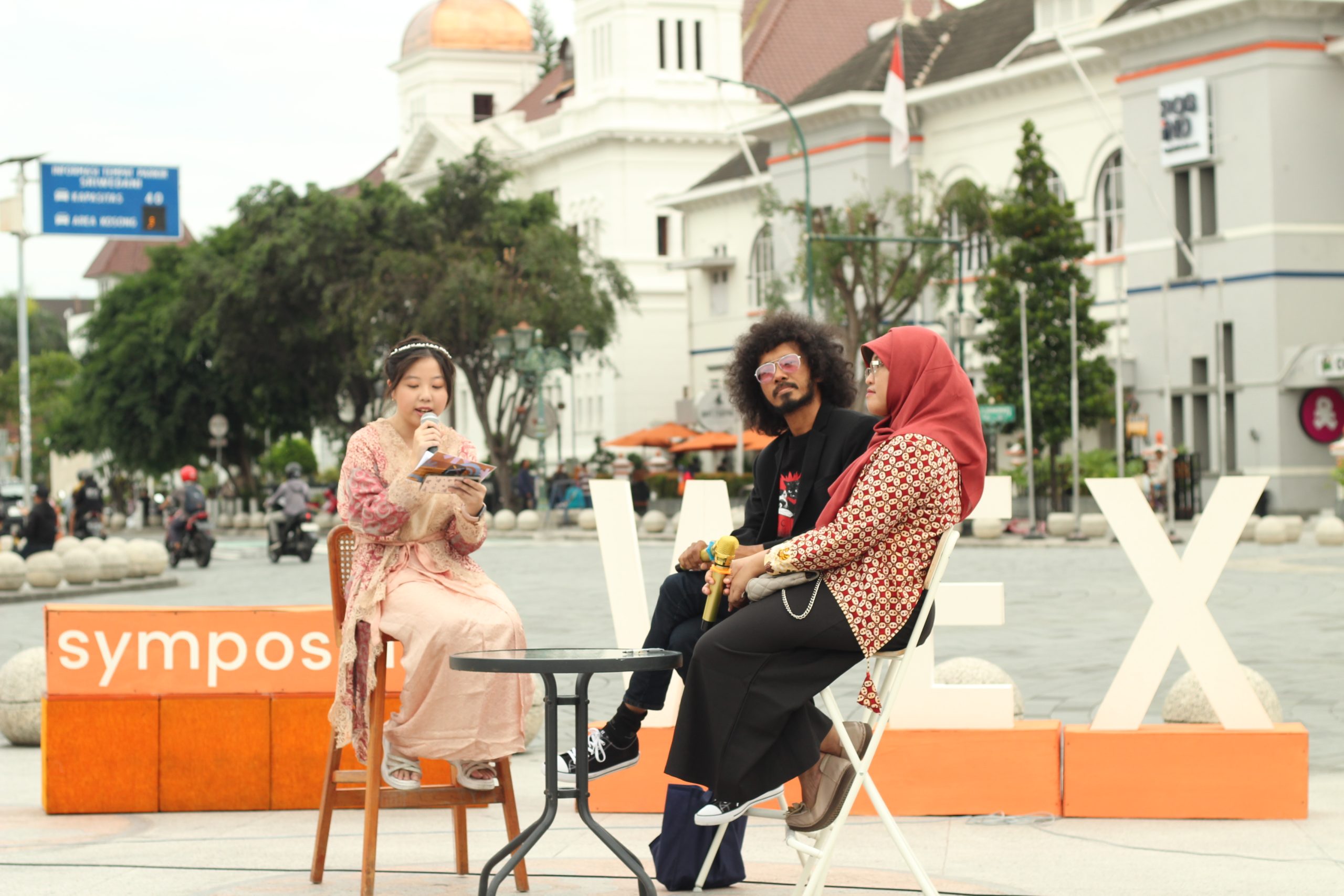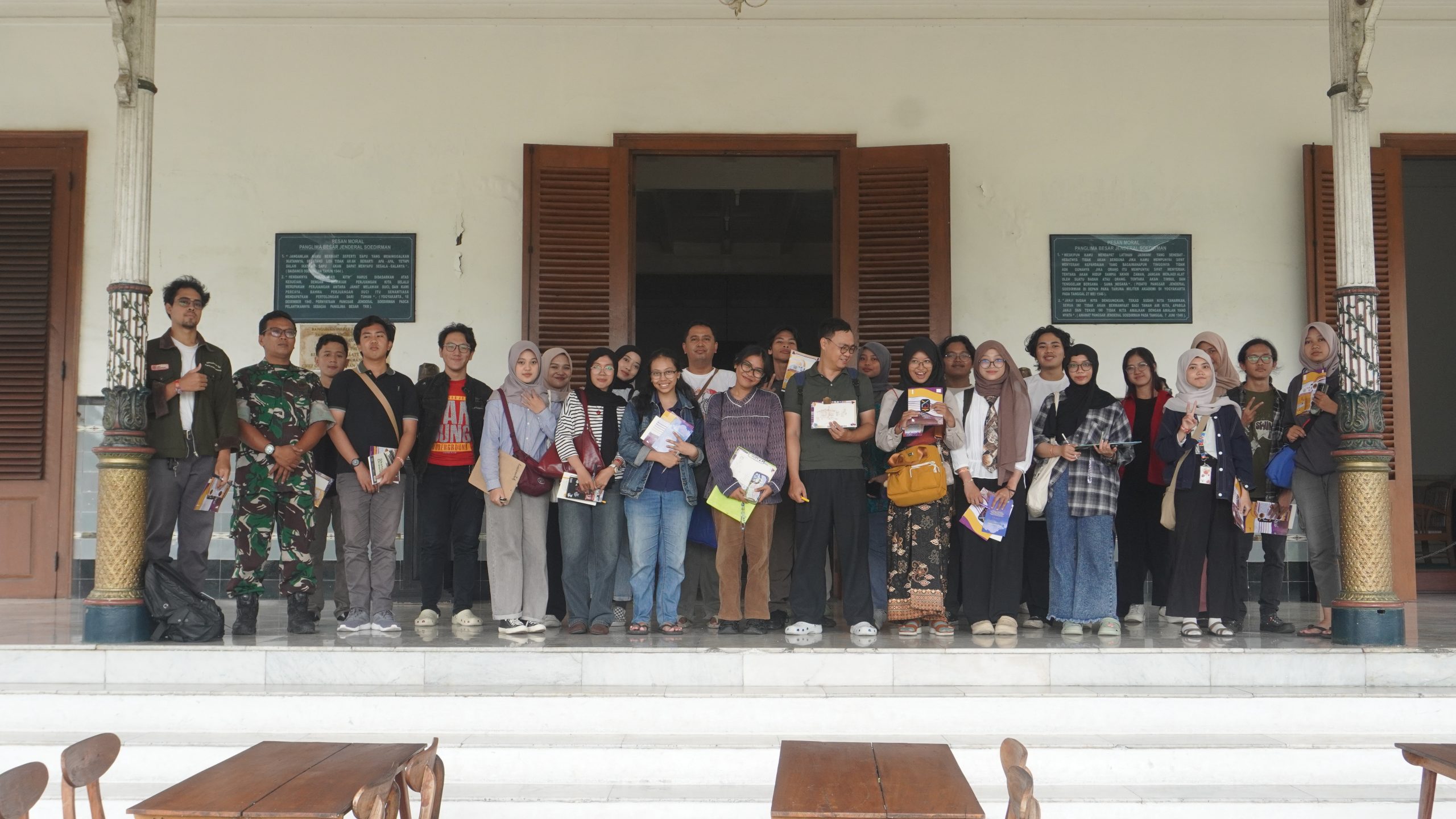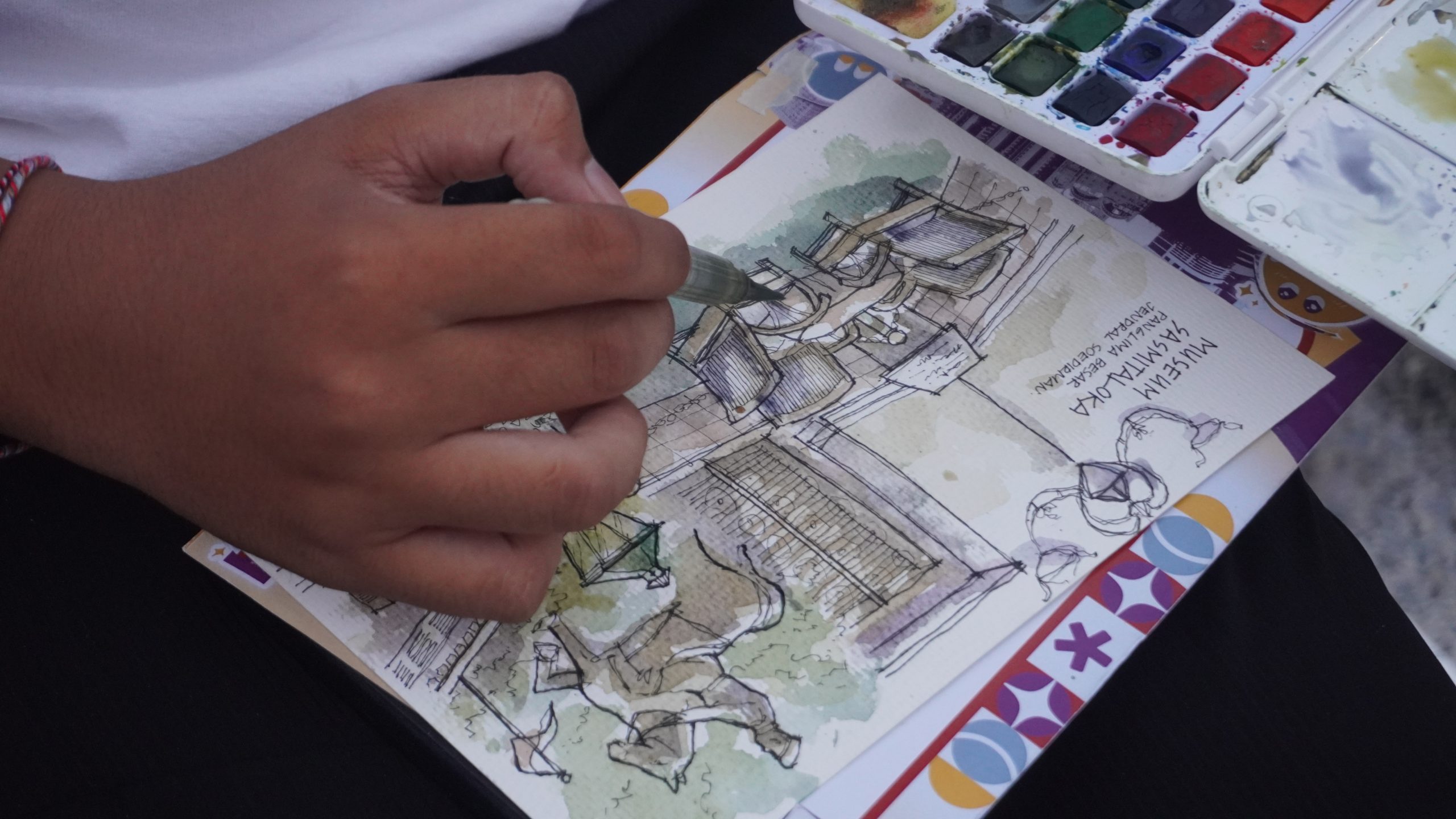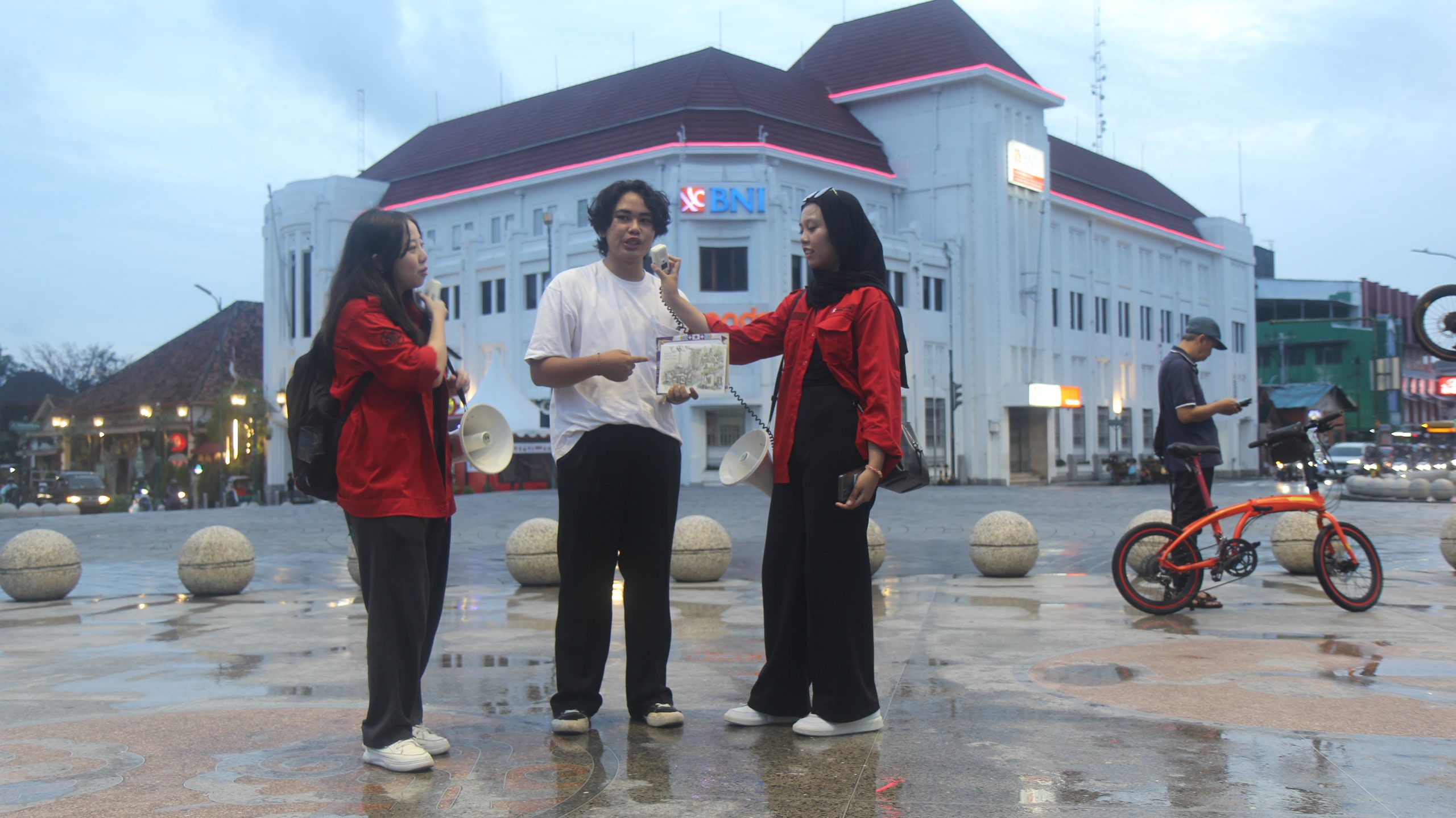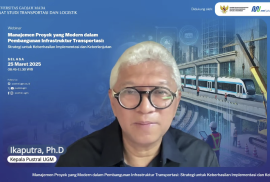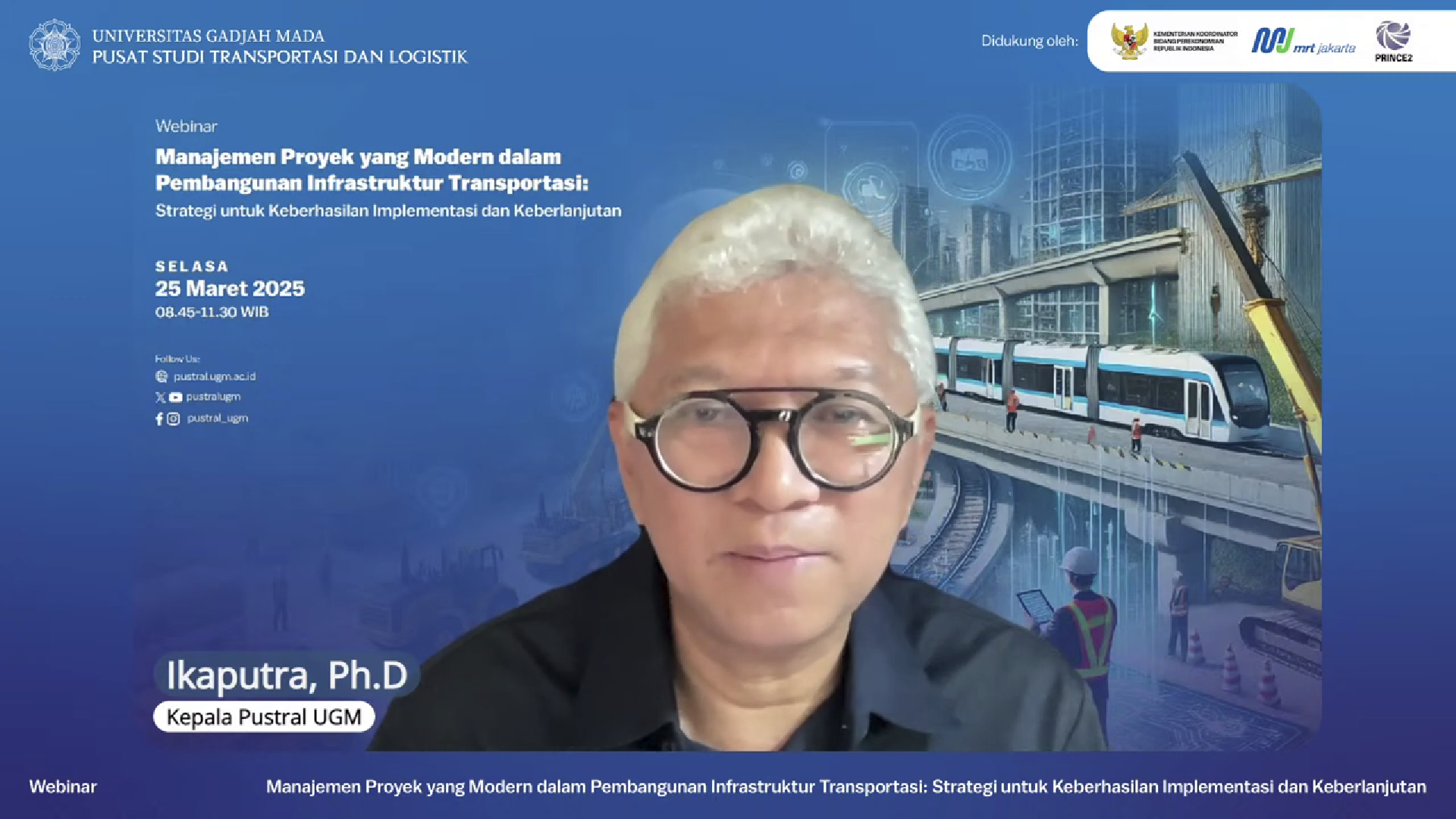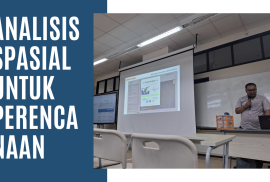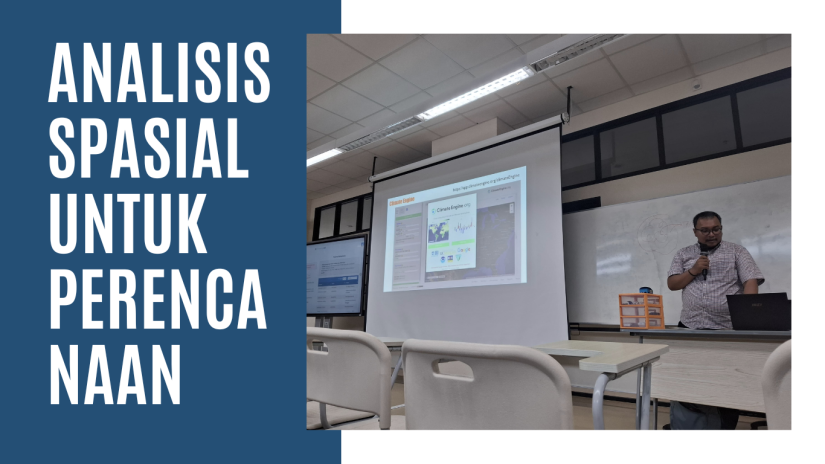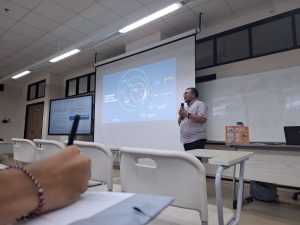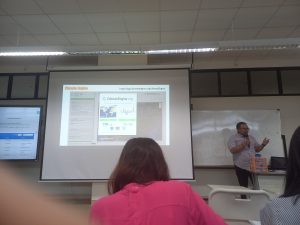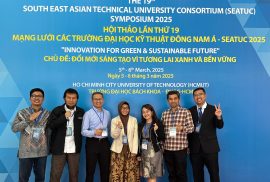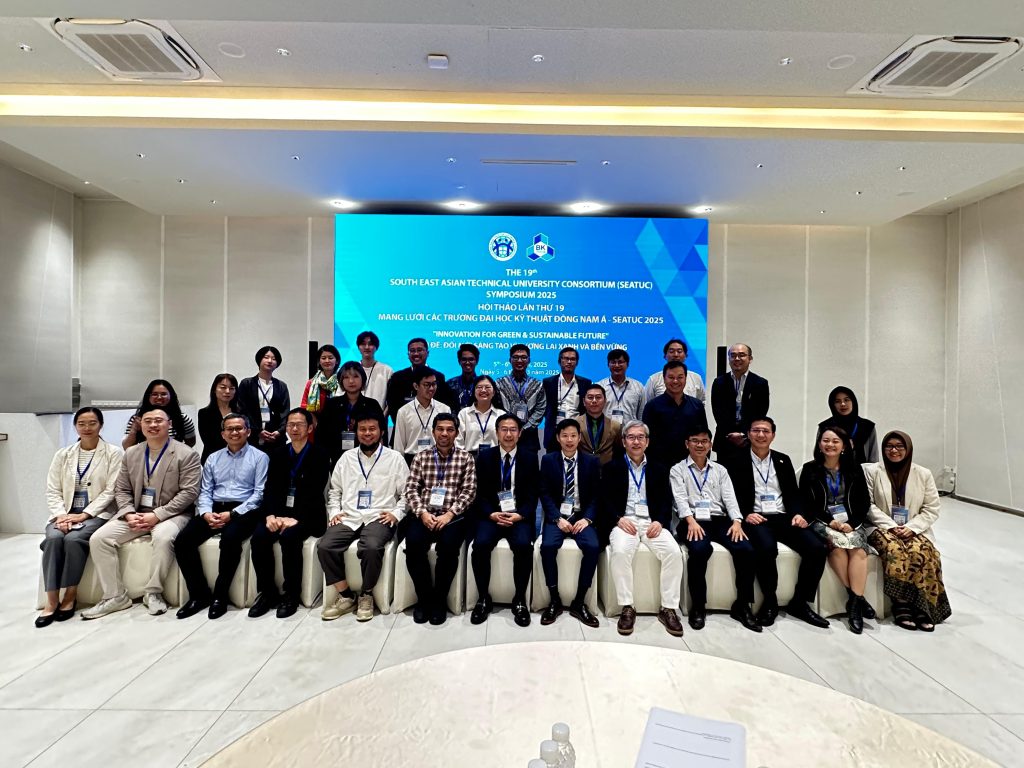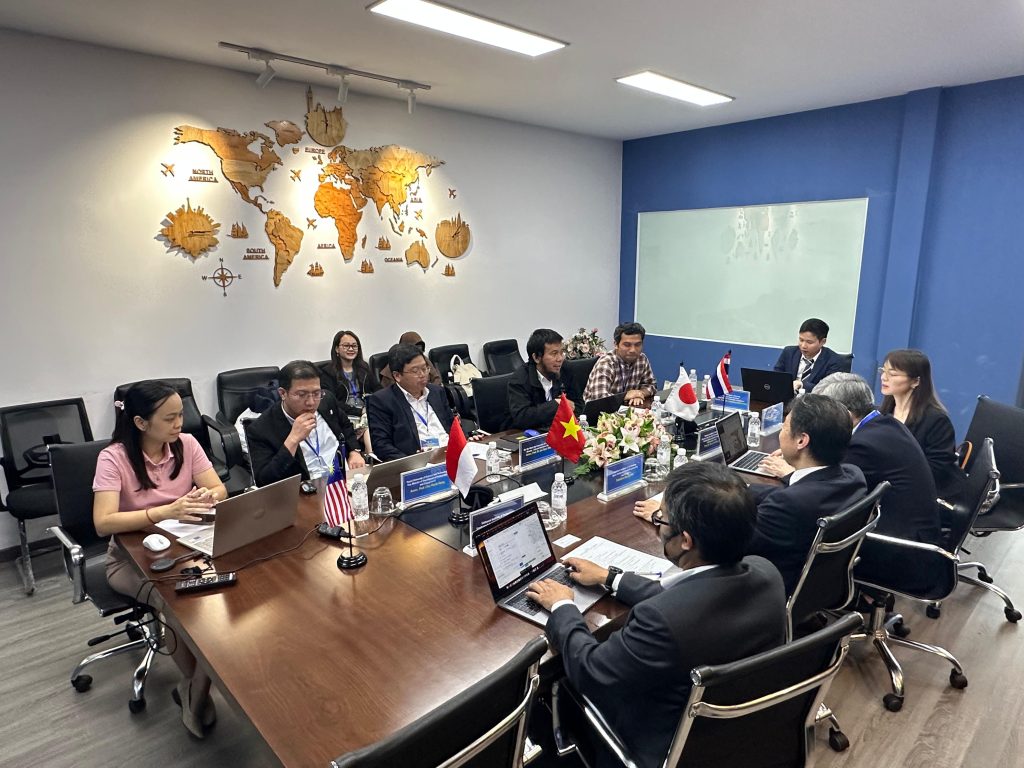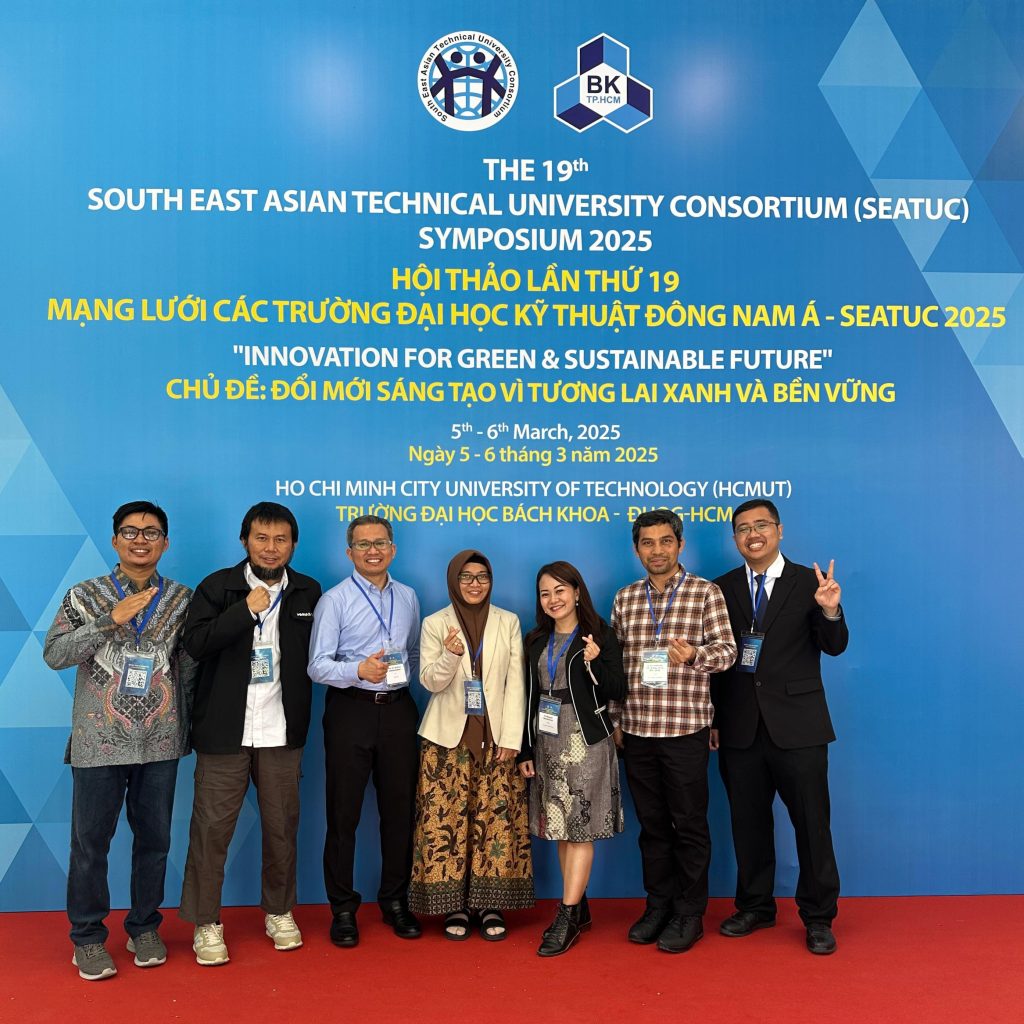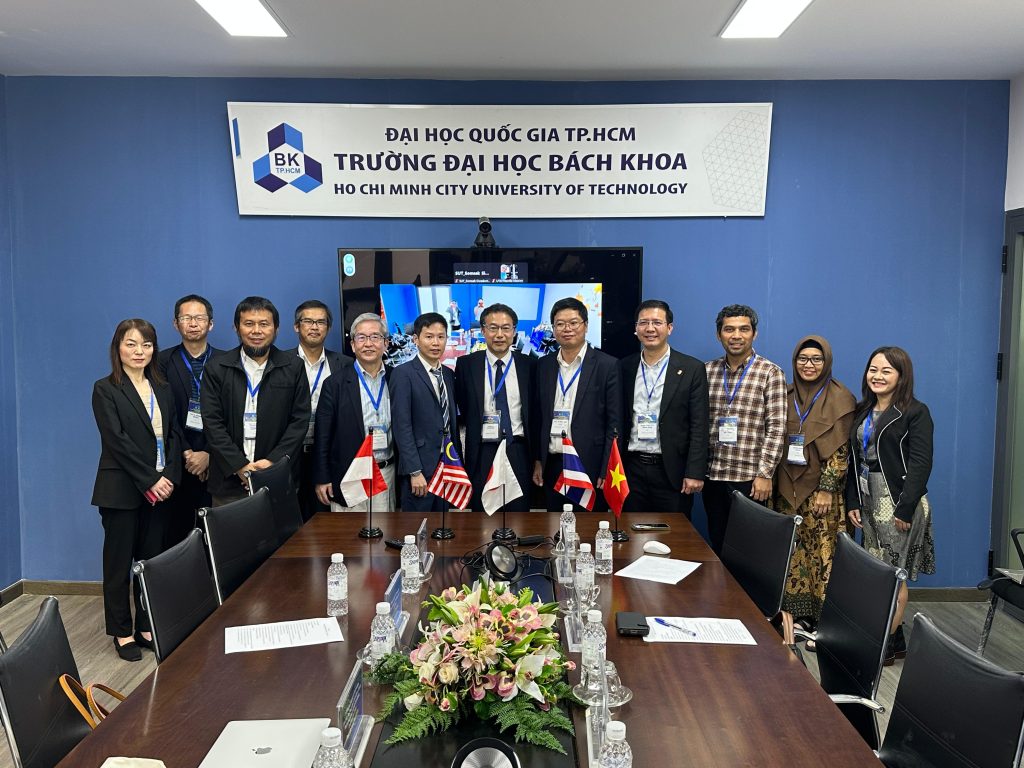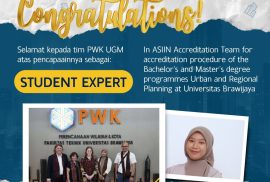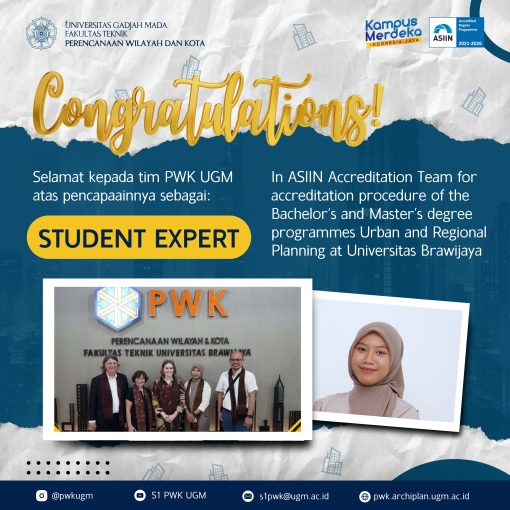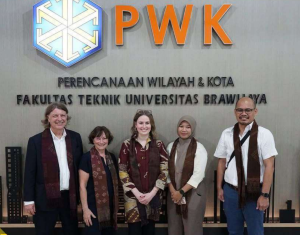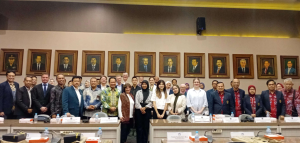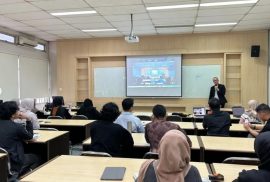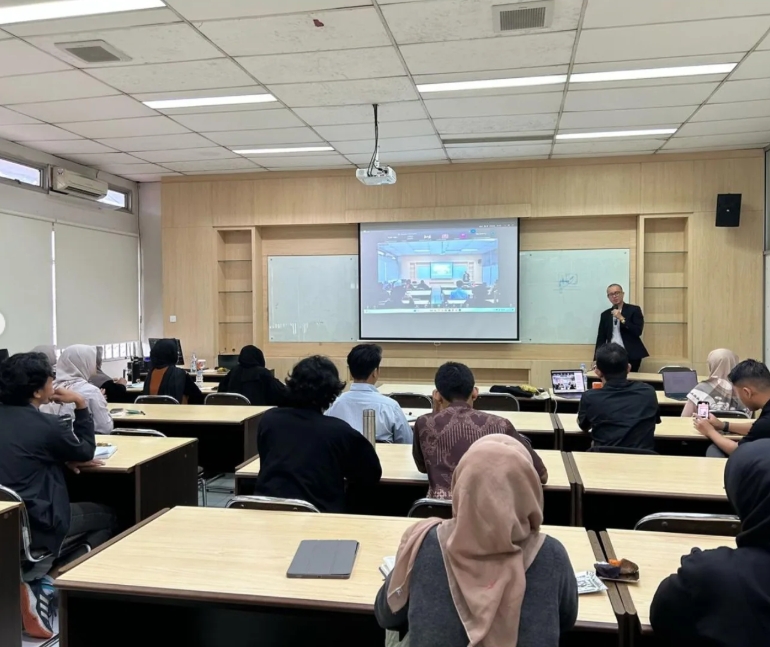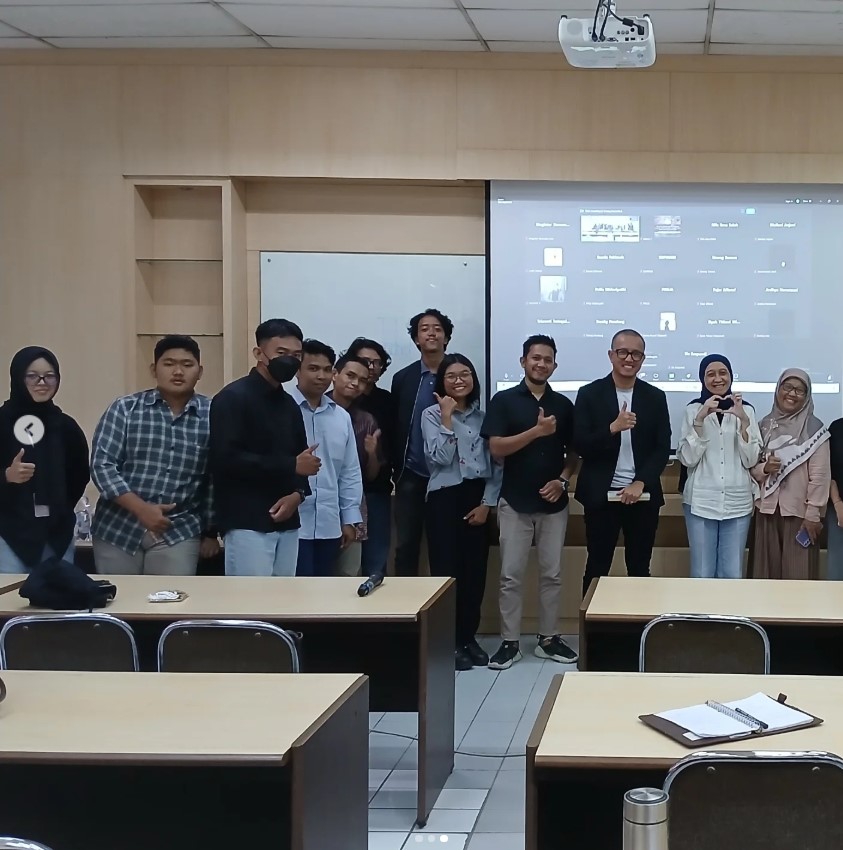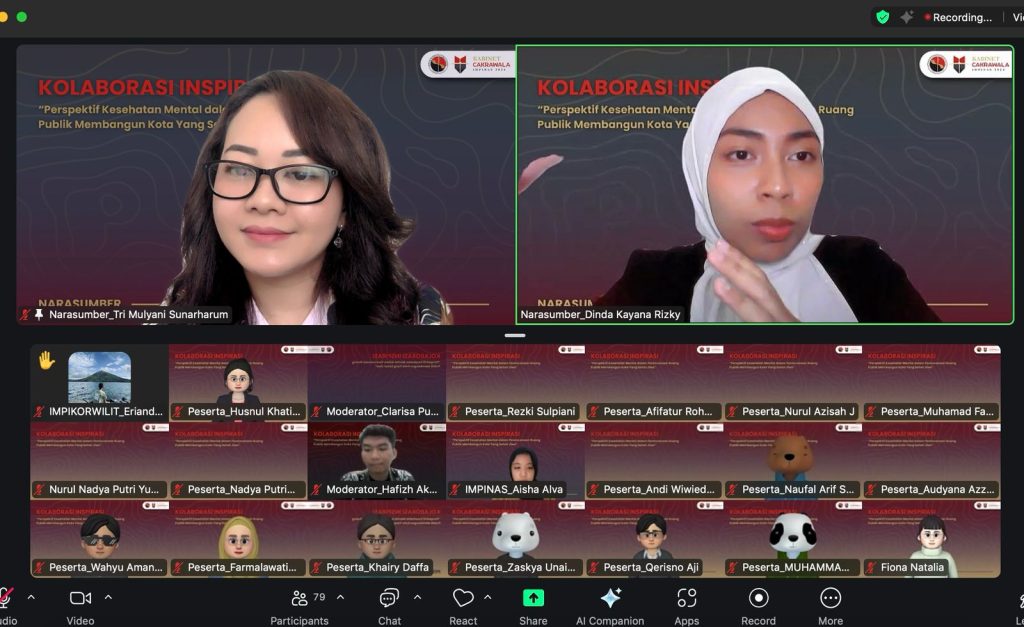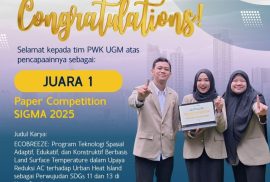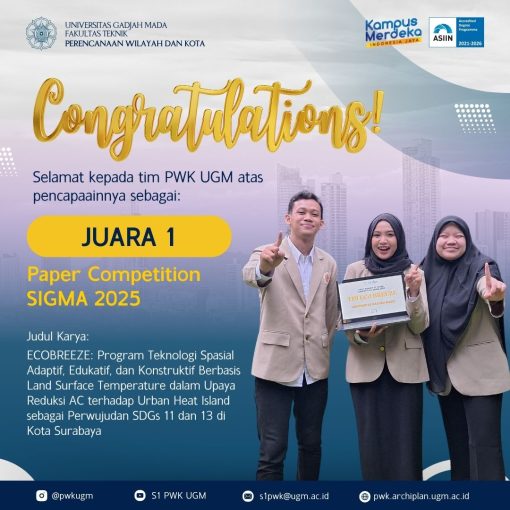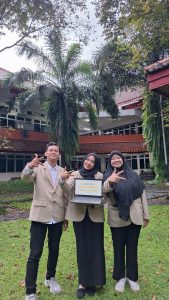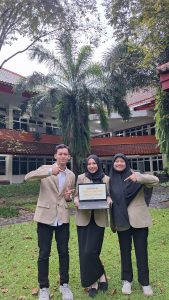Ir. Ikaputra, M.Eng., Ph.D., a lecturer in the Master’s Program of Architecture at DTAP UGM, published a scientific article titled “Three-Dimensional Digital Documentation for the Conservation of the Prambanan Temple Cluster Using Guided Multi-Sensor Techniques” in the Heritage journal. This article is a collaborative work involving several parties, namely:
-
Anindya Sricandra Prasidya, S.T., M.Eng. (Department of Geodesy and Geomatics Engineering, Faculty of Earth Sciences and Technology ITB, and Department of Earth Technology, Vocational College UGM) – as the first author;
-
Dr. Irwan Gumilar, S.T., M.Si. (Geodetic Science, Engineering, and Innovation Research Group, Faculty of Earth Sciences and Technology ITB);
-
Prof. Dr. Irwan Meilano, S.T., M.Sc. (Spatial System and Cadastre Research Group, Faculty of Earth Sciences and Technology ITB);
-
Ir. Rochmad Muryamto, M.Eng.Sc. (Department of Earth Technology, Vocational College UGM);
-
Erlyna Nour Arrofiqoh, S.T., M.Eng. (Department of Earth Technology, Vocational College UGM).
This publication discusses the findings of a study on three-dimensional (3D) digital documentation of the Prambanan Temple, located in the Special Region of Yogyakarta, Indonesia. The Prambanan Temple is a cultural heritage site with deep philosophical value, reflecting the advancement of knowledge and local construction skills of its time. It has been recognized as a UNESCO World Heritage Site since 1991.
Given its high historical and cultural significance, the conservation of the Prambanan Temple is of great importance. Moreover, the temple is exposed to various threats, including natural disasters (earthquakes, volcanic eruptions), pollution, and vandalism. 3D digital documentation offers an effective conservation solution as it enables the evaluation of structural vulnerabilities and the development of preservation strategies.
This study proposes a geometric documentation technique for towering concentric temple clusters (TCTCs) — multi-tiered, richly decorated temple groups — by applying an architectural pattern design (APD) approach to guide the use of multi-sensor technologies.
Abstract:
The Prambanan Temple cluster is a world heritage site of great value to humanity, composed of multi-zone arrangements of highly ornamented towering temples in a Hindu architectural design. It is located near the Opak Fault, at the foothills of Mount Merapi, on unstable ground layers, and is surrounded by human activity in Yogyakarta, Indonesia. Its vulnerability necessitates 3D digital documentation for conservation, but its complexity poses significant challenges.
This study aims to address those challenges by introducing the use of architectural pattern design (APD) as a guide for multi-mode sensor placement in documentation. First, APDs were derived from literature to determine the required levels of detail. Then, various sensors and methods of light detection and ranging (Lidar) and photogrammetry were used according to these detail requirements. The resulting point cloud data were processed, integrated, assessed, and validated by demonstrating the existence of APD.
The internal and external quality assessments of each sensor output revealed root mean squared error (RMSE) values ranging from millimeters to centimeters, with terrestrial laser scanner (TLS) achieving the highest accuracy, followed by aerial and terrestrial close-range photogrammetry, and nadir-mode Lidar and photogrammetry. Two relative cloud distance analyses comparing each point cloud model to the reference TLS model produced mean distance values in the millimeter to centimeter range. Visually, each point cloud model from the various sensors successfully complemented one another.
Thus, the proposed approach shows strong potential for the documentation of complex heritage sites. These results provide a solid foundation for further analysis, particularly in assessing structural vulnerabilities and shaping conservation strategies.
DOI: https://doi.org/10.3390/heritage8010032
